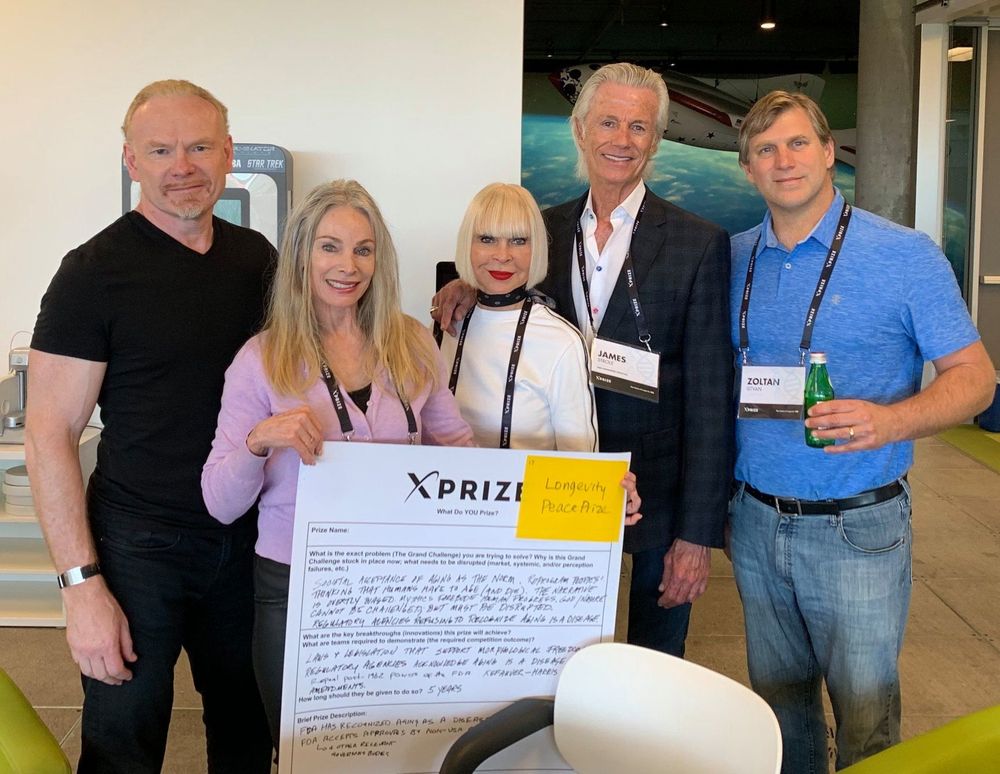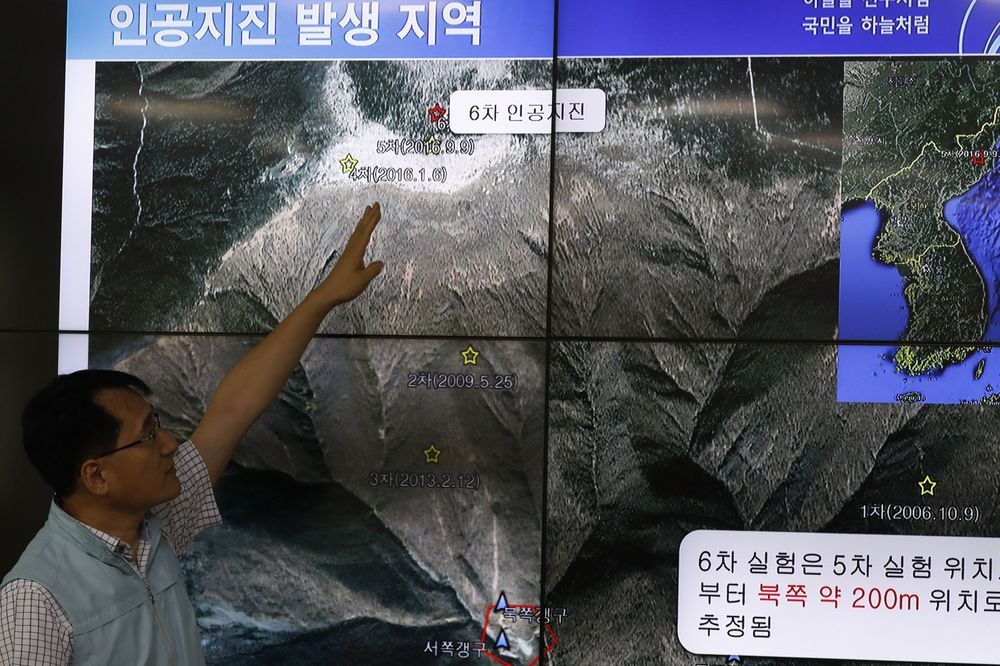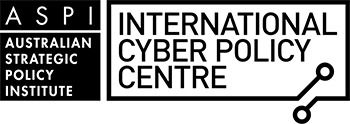The US government quietly resumed funding experiments on the deadly H5N1 avian flu — research that makes the virus more easily transmissible to mammals.
The researchers say making new strains of the H5N1 flu virus in a secure lab can help them see what might happen naturally in the real world. Sounds logical, but many scientists oppose it because the facts show most biosafety labs aren’t really secure at all, and experts say the risks of a mutated virus escaping outweigh whatever public health benefit comes from creating them.
But now the US government is funding these same labs again to artificially enhance potentially pandemic pathogens.
Say WHAT?
In this installment of the Bulletin’s video series that provides a sharp view of fuzzy policy, Johns Hopkins University computational biologist Steven Salzberg explains why arguments by researchers in favor of risky viral research aren’t persuasive.








